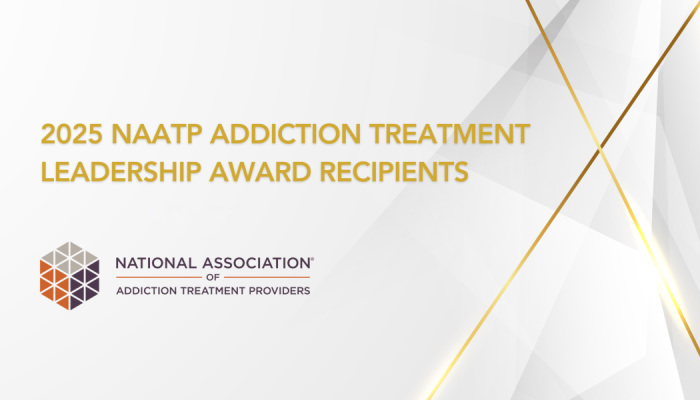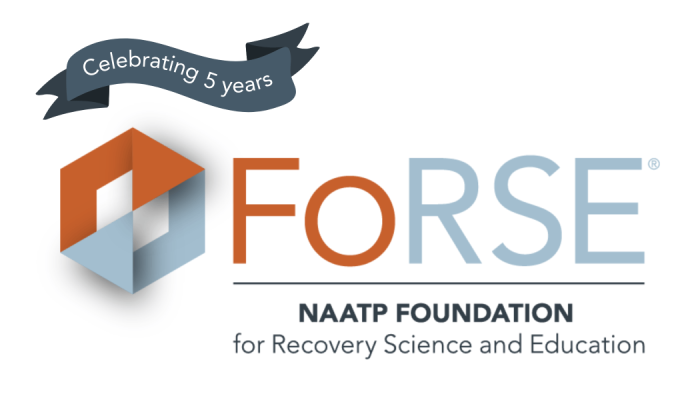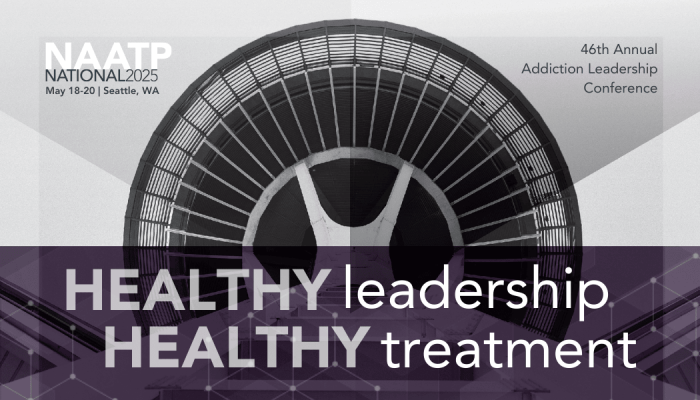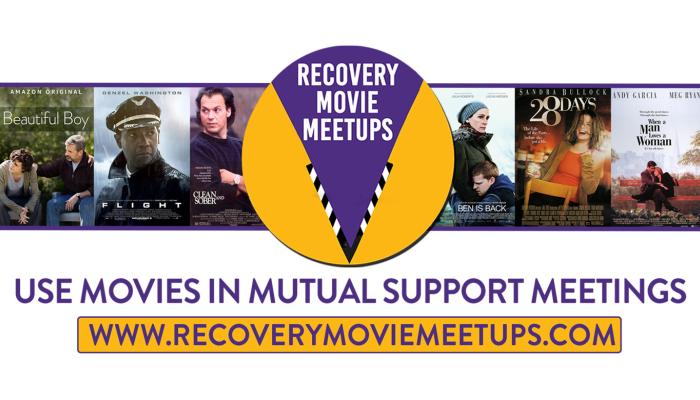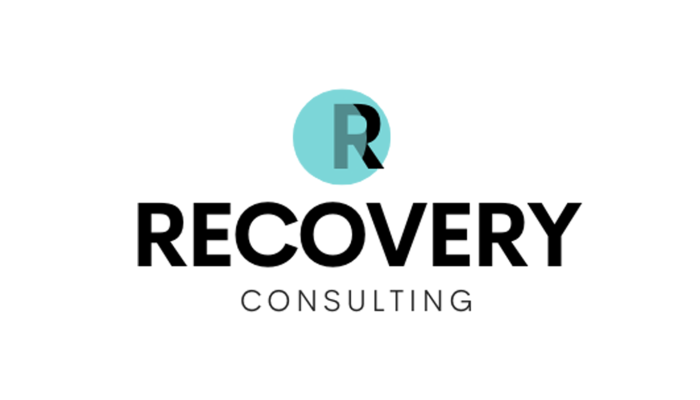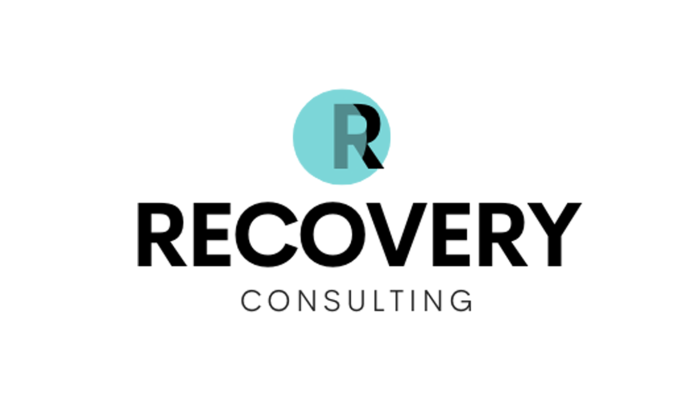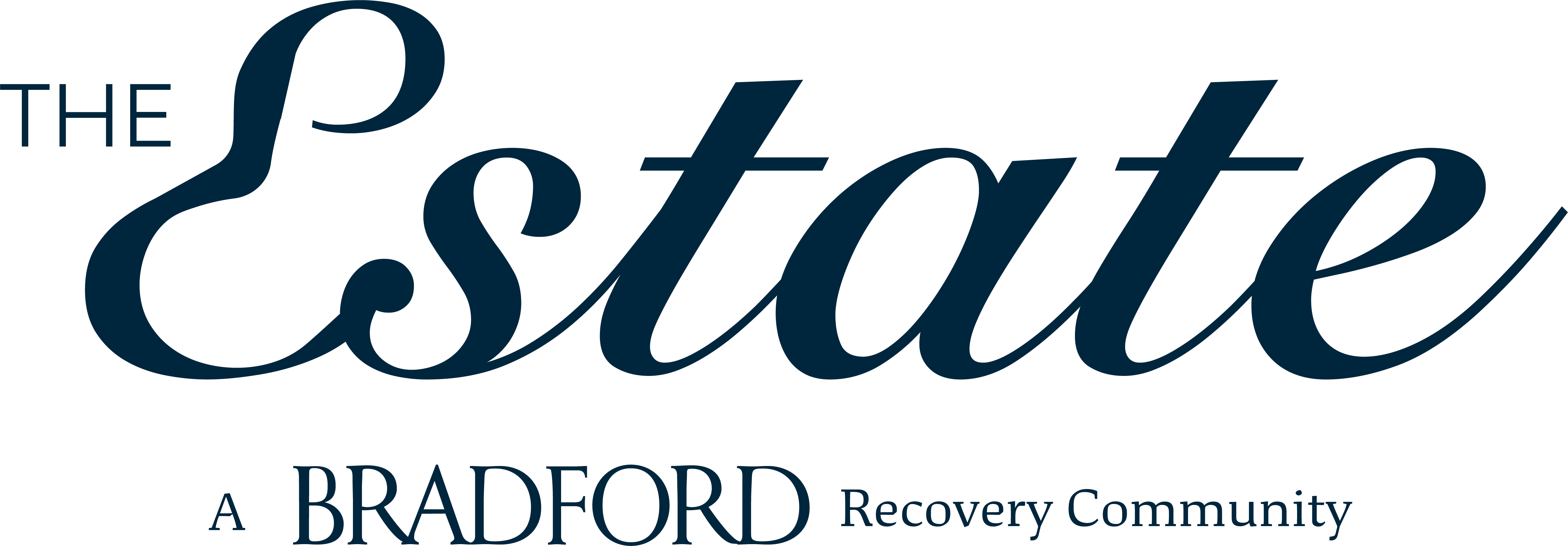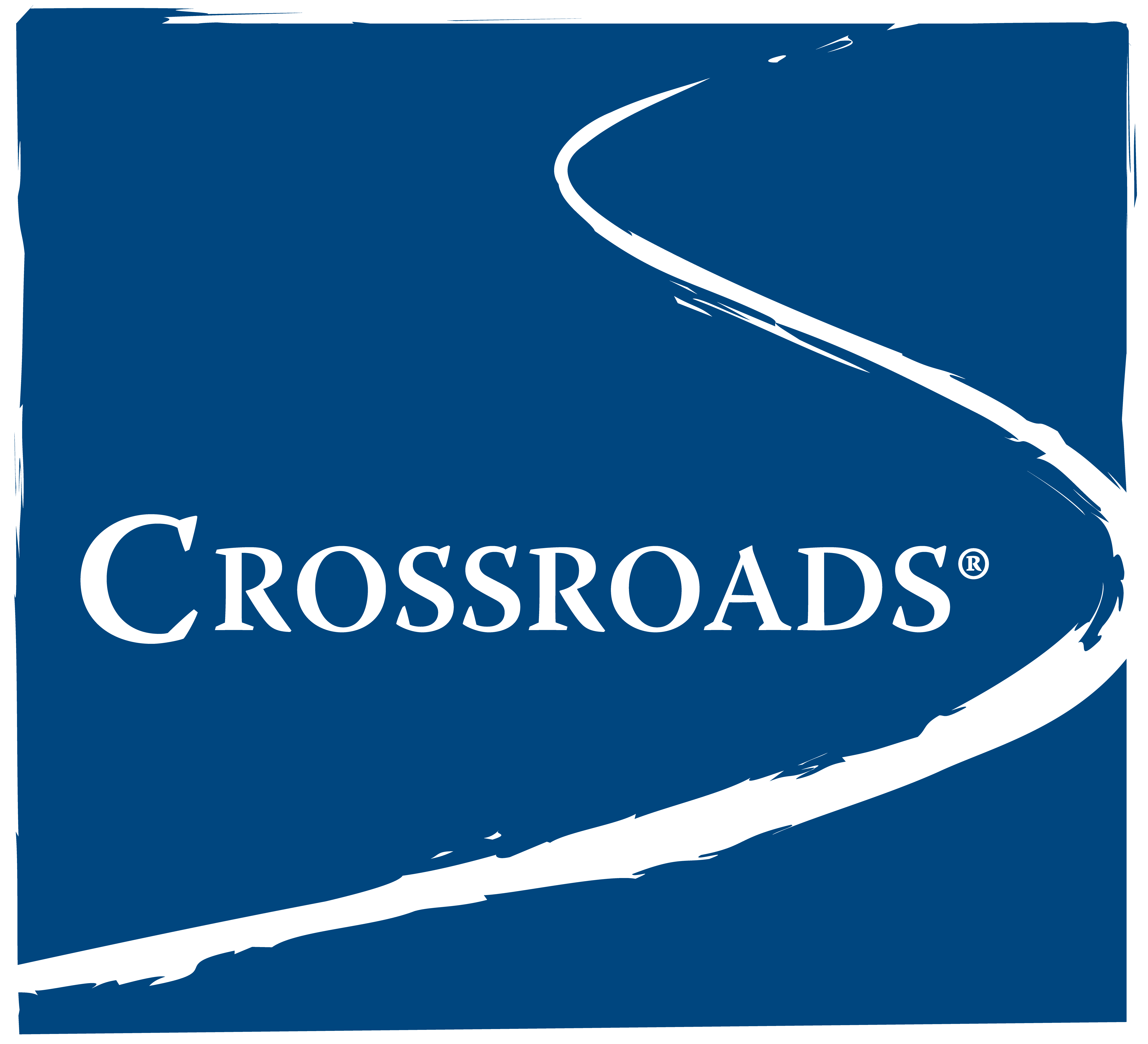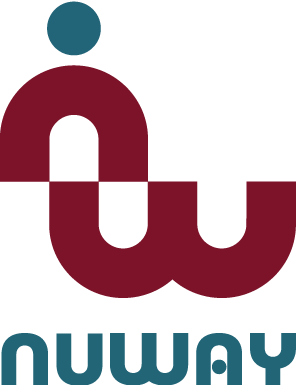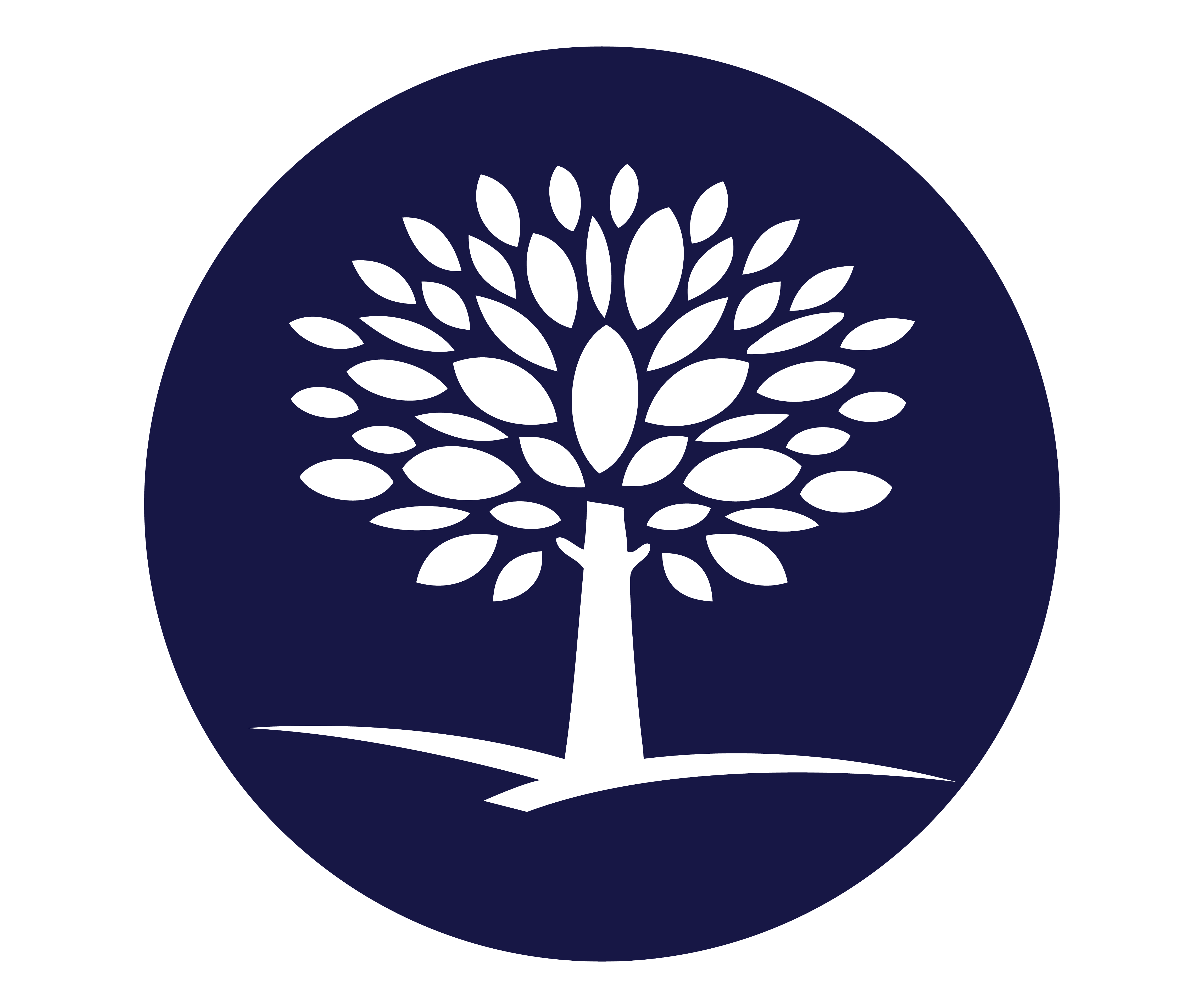Oct 24, 2017

Good, honest recovery centers are trying to escape the stigma caused by bad apples in the recovery industry. I compare it to escaping Alcatraz. They’re being wrongfully accused of crimes that others committed and are doing their best to swim off the island and prove themselves, all the while being pummeled by the wake of profiteering clinics seeking to capitalize on bad drug and alcohol policies.
Yet, these unsavory practices created a whole new “body brokering” industry to satisfy these bad apples. Clinics operating with the minimum quality of standards (or lower) have started the illegal practice of trying to trick, seduce, or essentially kidnap clients into being enrolled in substandard “sober houses.”
Insurance companies seized the opportunity to discredit treatment programs as a whole in order to reduce the costs of caring for victims of substance use disorder. Deb Beck, who represents the Drug and Alcohol Service Providers Organization of Pennsylvania, compared it to the way insurance companies treat other life-threatening conditions. She speaks on how ridiculous it is to reduce coverage for those struggling to recover from addiction, saying “if I had a heart problem, and I didn’t do everything I was supposed to, I would not be denied coverage. In fact, if I got sicker, you would increase the coverage for me.”
The question is how to change public policy, community perspectives, and bad practices in an industry as un-centralized as the addiction recovery in the American healthcare scene. David Breithaupt, a member of the Western Journal of Medicine, says the solution doesn’t have to be complicated: “The simple answer is that we can reject the therapeutic nihilism that surrounds addiction and start to provide comprehensive treatment to our addicted patients.”
It really is as simple as this. When someone is sick, they need access to care. Insurance companies ignoring parity laws and finding a way to excuse themselves from providing healthcare in substance recovery programs is simply unacceptable.
As a board member and one of the 25 CEOs with the National Association of Addiction Treatment Providers, I can say we have strived to do everything we can to change not only the social stigma of drug addiction, but also lobbying to get stronger regulations in place to monitor treatment programs. Good, honest recovery centers want stronger regulations on themselves and their peers. We want recovery centers to attract patients in need, not body broker them or trick them into being enrolled in their facility.
For the industry to change for the better, we need our local communities to understand the problems faced by recovery clinics and honest healthcare practitioners. Years of corporate lobbying, profiteering incentives, and noncompliance of insurance companies have left our future generations vulnerable to drug and alcohol dependency with a void of credible clinics to help them overcome their addictions. There are two major public perspectives we need your help overturning to support recovery in the US.
First is the NIMBY (Not In My Back Yard) syndrome. Communities are afraid of rehab centers in their neighborhood because they think they attracts addicts and drug traffickers, and brings a whole host of related issues such as traffic and noise. Treatment centers only provide a location for those already afflicted to find help and beat their addiction. It prevents the spread of addiction; it does not fuel it. Keeping recovery centers out of your town is akin to keeping fire hydrants away from bustling apartment complexes. The more likely an area is to need one, the more access they should have to it.
Second, honest addiction centers are not profiteering businesses looking to nickel and dime their clients. Serious recovery homes focus on scientifically-proven industry techniques such as cognitive behavioral therapy and community healing. They focus on not only healing the victims of substance use disorder, but helping them prepare to be meaningful, contributing members of their community after recovery.
What we request of you is simple—and it will help you, your community, and probably your business. Host a “Jeffersonian” dinner. Invite local businesses owners in your community to gather together, even once a month, and discuss business and local news. This could also open up infinite potential collaboration. A local coffee shop could, for example, hold business cards for neighborhood doctors and realtors. These doctors and realtors could, in turn, proudly serve their coffee, or take their clients to this café. An affiliate business partnership is born, and like minds get to address important issues to further their neighborhoods.
Discuss the state of your community, how your businesses can help one another, and what you can all do together to incentivize positive local changes. In the meeting, simply address drug and alcohol addiction. Is it affecting your town? Is there any nearby solutions available to families afflicted? If not, should there be?
If you strengthen the ties of your community, you can not only improve your own success, you can help your neighbors. If you form an alliance with others, you have the power to change the views of your local mayors, city council, and congressmen to enact powerful, scientifically-proven methods to improve your community and the lives for generations to come.
Rebecca Flood, MHS, LCDC, CADCII, BRI II,
Rebecca Flood is CEO of New Directions for Women, an exclusively female, private drug and alcohol rehab program providing social model residential addiction treatment services for women of all ages, including pregnant women, women with children, women who have relapsed, had prior treatments and suffer from a co-existing disorder




